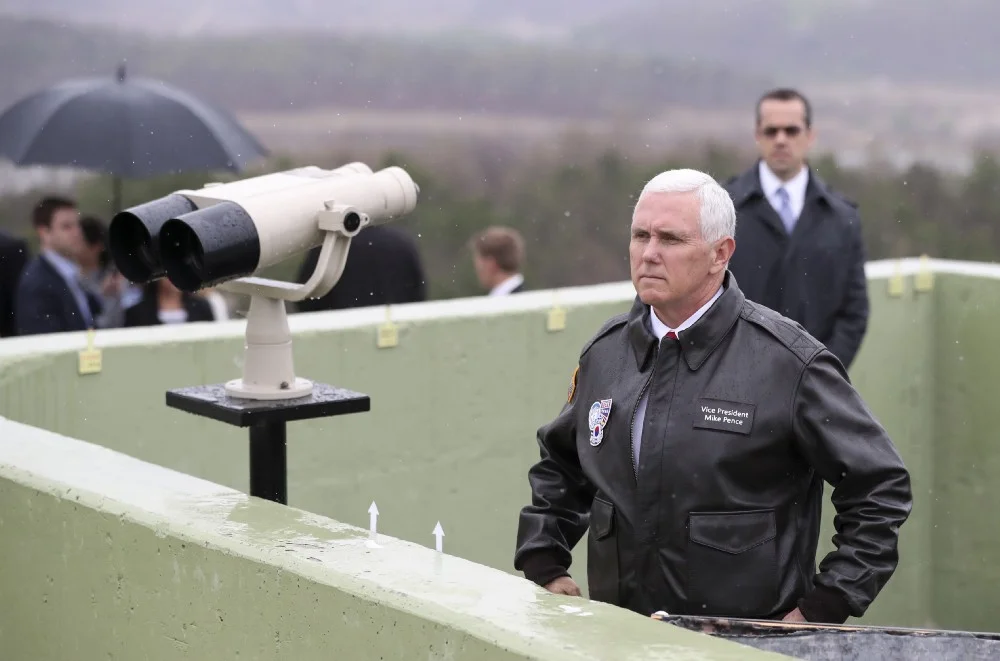North Korea, China, and the Value of Allies By Joshua Turner
President Trump’s “America First” foreign policy has isolated America in the international community. The growing crisis in North Korea is exactly the type of situation that this foreign policy stance exacerbates for the United States. President Trump has alienated our European and NATO allies, allies that the U.S. will need in the coming months if the administration is to navigate this crisis without losing lives.
North Korea has recently tested what intelligence believes to be an intercontinental ballistic missile; a missile that could, in theory, be capable of hitting the West Coast of the United States, including populous cities like Seattle. This is the culmination of years of mishandling of North Korea by multiple administrations.
It is foolhardy to expect that any deal could be struck with North Korea that sees them abandoning their nuclear program. They have seen firsthand what happens to regimes that run afoul of the United States that do not have nuclear capability- the ultimate insurance policy. The administration has correctly, to this point at least, understood that the risk of massive casualties resulting from a North Korean strike on South Korea or Japan is not worth military intervention.
This means that to reach a diplomatic solution, the United States will need to work with China, North Korea’s largest and most influential backer. Bilateral trade between the two nations increased by a factor of ten from 2005 to 2015, reaching a peak of almost $7 billion in 2014. While having an unpredictable nuclear power seems like a less than ideal situation for China, the possibility of a united Korea in the United States sphere of influence is even less so. Thus, China is unlikely to make any diplomatic move that would make that scenario a real possibility.
While there is no easy solution to this problem, it is clear that the United States will need the diplomatic support of its closest allies. While Mr. Trump, it must be said, made a valiant effort to court Chinese President Xi Jinping during a visit to Mar-a-Lago, Chinese action on North Korea has been wanting. What the United States needs is countries like Germany, France, and Japan to help apply pressure to China to reach a solution quickly. And yet, with all these countries gathered in Germany for the G20, there was no statement or official condemnation made in regards to North Korea. According to Australian Prime Minister Malcolm Turnbull there was no country defending North Korea, but there also no official rebuke.
Should the United States have expected there to be one? After the United States pulled out of the Paris Climate Agreement, our European allies have been forced to look towards countries like China for leadership on important issues. At the World Economic Forum in Davos early this year, President Xi explicitly defined the idea of free trade and warned against pursing narrow national interests. Why would Europeans be willing to go to bat for an America that sounds less like an ally than China does?
The United States faces a serious problem in North Korea, and because of Mr. Trump’s “America First” policies and rhetoric, we find ourselves with few options. America First in theory, isolated in practice.
Joshua Turner is the creator and editor of The Hitch





